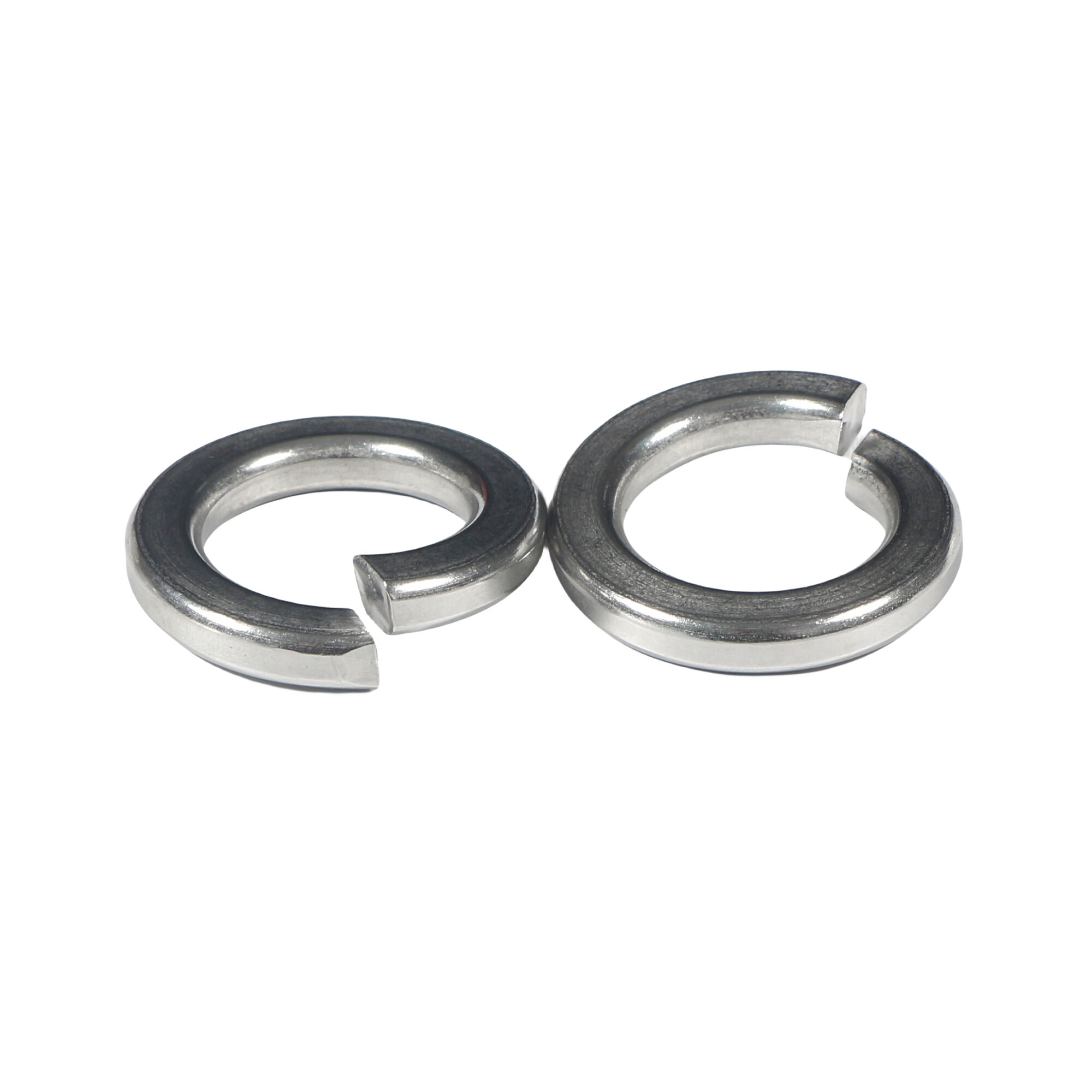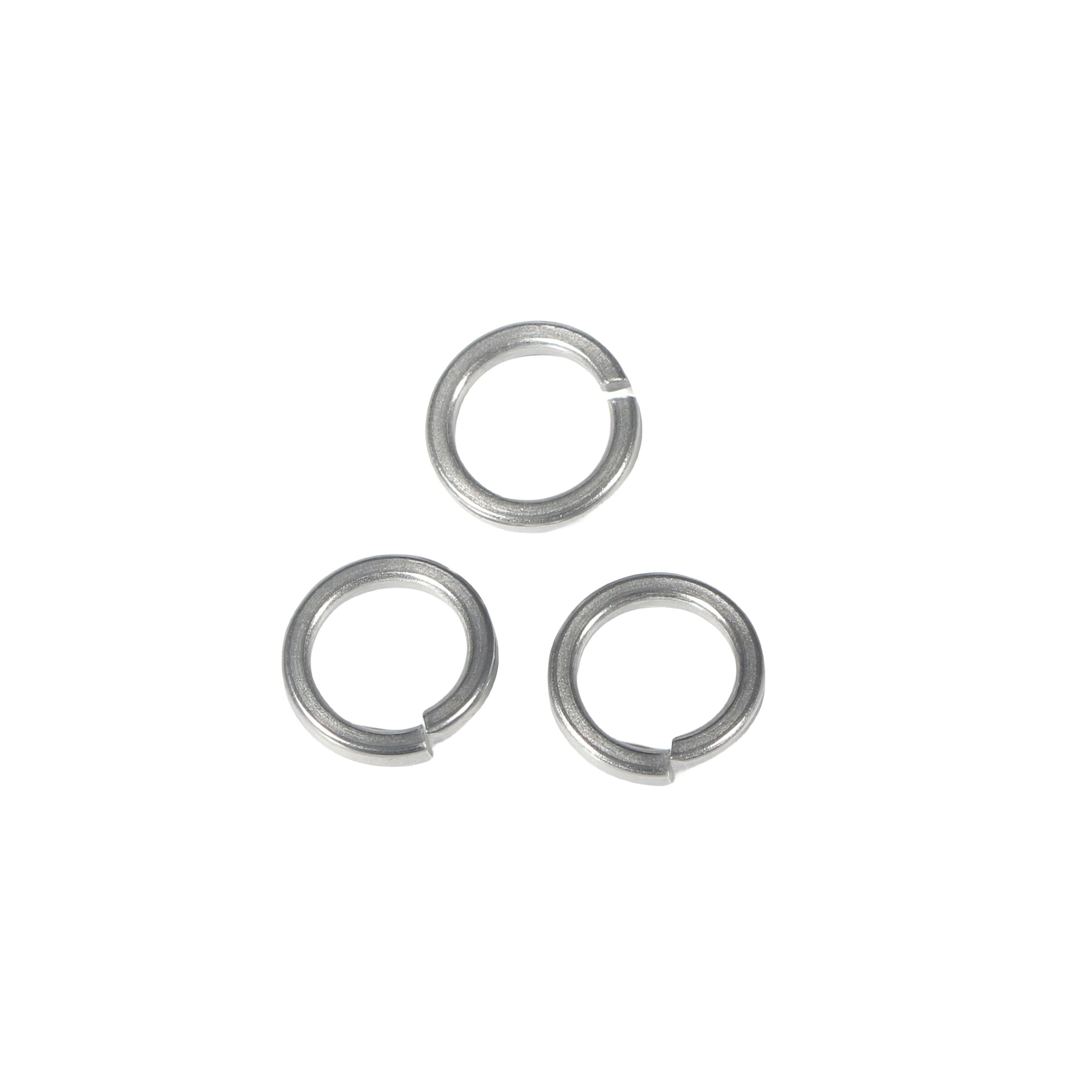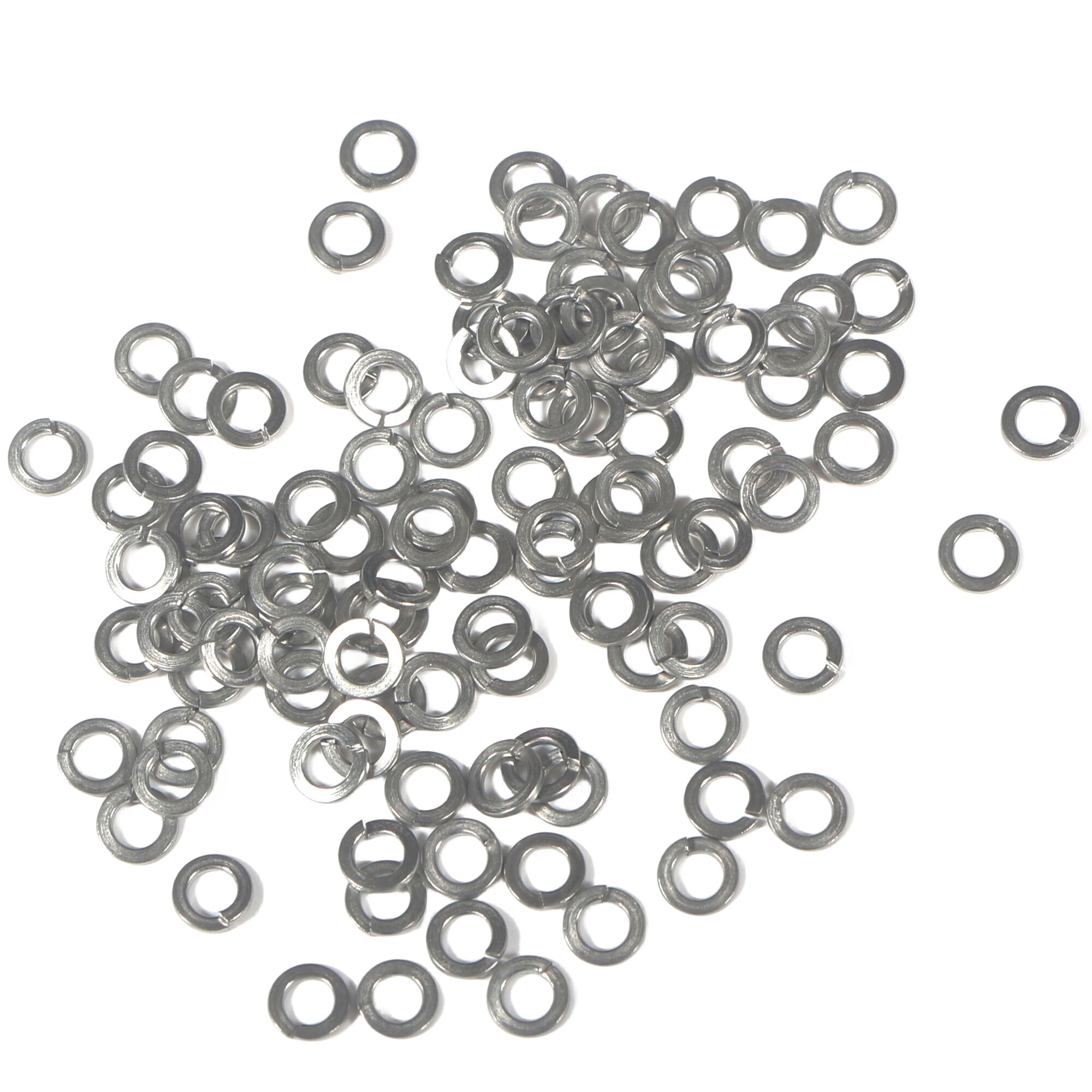Serrated conical spring washer is a special tool and plays a vital role in retaining the bolts and nuts tight. You may be asking yourself, what sets this washer apart from others? How does it really work? So lets take a look at its features and functionality together!
Which has a unique shape, it looks like a cone is a din127b. This is a cone with a small end at the bottom and a large end at the top. Small bumps on the surface of the cone are called serrations. These serrations are extremely critical, because they provide a very high amount of friction. Friction is the force that holds things together, and here it helps the washer prevent bolts and nuts from loosening or shaking loose over time.
When you tighten a bolt or a nut, it exerts High Pressure which is also known as Tension. This tension is very tight at first, but through time and movement, it can make the nut or bolt lose its grip. Which is even more true, if something is shaking or moving such as a car while driving. This is where din 127 a comes into picture! As you tighten up the nut or bolt, the washer gets flattened out to fit in close. But the washer springs back into its original cone shape after the pressure has been removed. That springing action makes a ton of friction and is really helpful to keep the nut or bolt in place. And, the washer's serrations help grip the surface and ensure everything's steady, even with plenty of shaking/movement around.

The serrated conical spring washer has many different applications and can be found in everything from cars to industrial machines. These washers are commonly used in the automotive sector itself to keep particularly important parts in solid position—brake assemblies and suspension components. Without these washers, the parts could become loose, creating potentially dangerous driving situations. These washers are used in factories and industrial environments to secure heavy machinery and equipment. They also add to smoothness and safety, making sure there are no accidents from loose parts.

The conical spring washer with serrated edges works wonders for loosening and shaking; however, it is by no means the only washer available for you to use. NOTE: There are other types of washers as well, like plain washers and split ring lock washers. Given that all washer classifiers have their pros and cons. For instance, flat washers are basic and can be employed in various applications, while a split ring lock washer offers additional security for specialized tasks. It is best to find out about these various types and select the appropriate washer, bearing in mind your own needs and the circumstances you are working with.

Yes, if you are choosing a serrated conical spring washer, you must consider the size and the material of the washer. The washer absolutely has to match the size of the bolt (or nut) you will be using it on. Not all bolting connections are the same and if you utilize either an undersized or oversized washer, it can result in improper tensioning and over time, cause the nut or bolt to loosen. The washer material is also very important. Materials can make different strengths and durability of the washer. The most common materials for making washers include stainless steel, does not rust; carbons steel, very strong; and brass, good prevention of corrosion.
Our 30 production employees are skilled and our 3 testing teams run daily tests to ensure the serrated conical spring washer of our products Additionally under the guidance of ISO9001:2000 we've changed our systems particularly in our after-sales support We strive to be proactive and react quickly starting with the general manager This helps buyers not be overly worried
Tongxiang WANGU company is a reputable manufacturer of spring washers and flat washers.The company is primarily involved in the production of spring washers. The main standards include DIN/ANSI/serrated conical spring washer/JIS/UNI/ISO/BS/GB, etc. We offer a broad range of specifications, such as M1.6-M64 as well as non-standard series. We are ISO9001:2000 Certified. Our products are adored by customers in the Americas, Europe, Southeast Asia, and other regions
Tongxiang WANGU Standard Parts Co., Ltd. is an experienced factory that specializes in spring washers that has over 15 years of production experience. It is a leading company in the serrated conical spring washer industry. We give buyers more efficient experience in purchasing raw materials, production and manufacturing, backend testing and after-sales support. We can deliver immediately since we have an extensive stock.
WANGU serrated conical spring washer company has been awarded the ISO9001:2000 certification. Our products are competitively superior in terms of quality and cost. We have a highly-qualified research team and an experienced technical team.